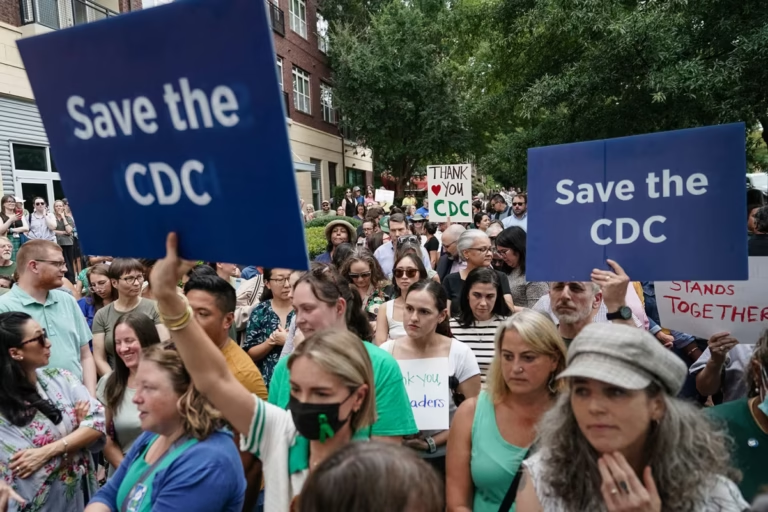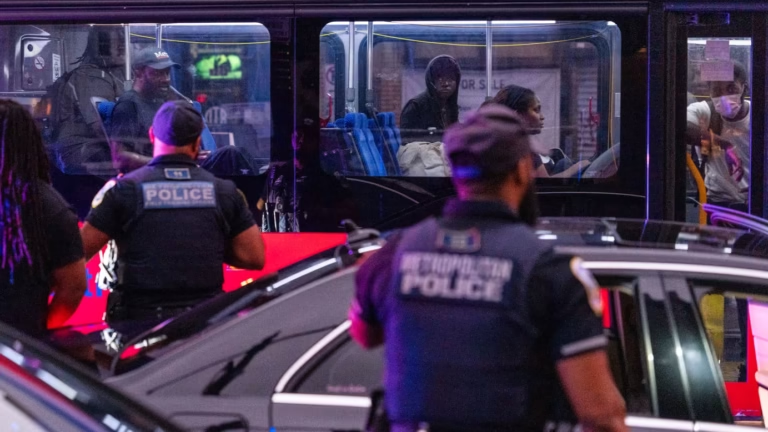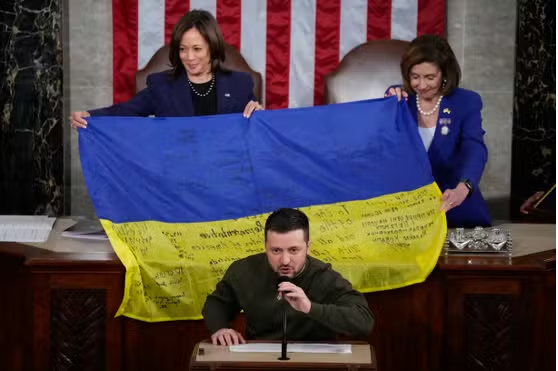
“Home has disappeared.” “Cars Are No More”: Paul Whelan’s Life a Year Post-Release One year after being freed from a Russian prison, Paul Whelan’s existence is still very different from what it used to be. Previously a corporate security executive in Michigan,
Whelan returned to the U.S. only to discover that he had lost his previous stability—his home was gone, his cars were gone, his finances were drained, and his health was deteriorating. Whelan was incarcerated for almost six years in a Russian labor camp following his 2018 arrest on espionage allegations that he and the U.S. government strongly refuted.
His release in 2024, part of a significant prisoner swap among several countries, was celebrated worldwide. Nonetheless, the reality of reconstructing his life has been a challenging struggle characterized by administrative obstacles and psychological wounds. Upon his arrival, Whelan was welcomed by senior U.S. officials and enrolled in a government reintegration program.
However, after the initial reception, he soon realized how minimal systemic assistance was available for Americans wrongfully held overseas. Lacking employment, healthcare, and stable housing, he encountered increasing difficulties transitioning to civilian life. The psychological effects of his confinement have been deeply significant. Whelan has candidly shared his battles with post-traumatic stress disorder (PTSD), noting recurrent flashbacks and challenges in adjusting to even minor contemporary alterations.

He acknowledges that managing technology, securing medical assistance, and reinstating daily habits frequently seems daunting. Support from the community and contributions have been essential in assisting Whelan achieve stability.
Crowdfunding initiatives and support from friends have enabled him to obtain transportation and essential necessities. He has also established strong connections with other ex-detainees, including those freed during the same prisoner exchange, forming an unofficial support system based on shared experiences and mutual understanding.
Whelan has since emerged as a prominent supporter of reform. He is collaborating with legislators to advocate for laws that provide funding for healthcare, mental health support, and financial assistance for individuals reentering society after detention.
He contends that freedom by itself is insufficient; thorough reintegration support is essential to genuinely restore lives affected by unjust imprisonment. Although his path is not complete, Whelan stays resolute. His narrative highlights the individual toll of global diplomacy and urges the enhancement of safeguards for those who suffer imprisonment overseas. While he persistently reconstructs everything from scratch, Paul Whelan’s strength exemplifies endurance amid significant hardship.


